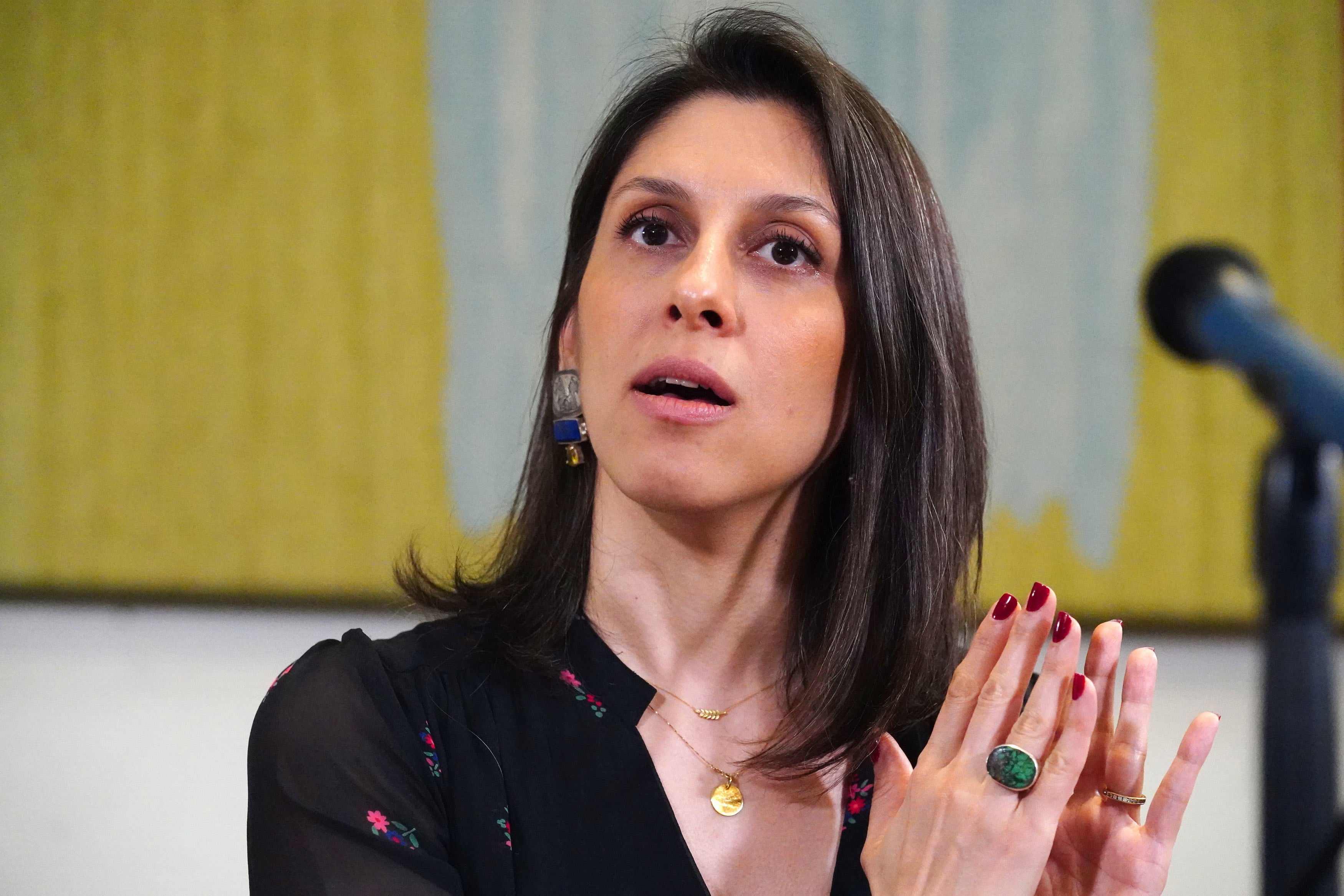Iran ‘has not received’ £400m payment from UK agreed before Nazanin Zaghari-Ratcliffe’s release
Hold-up of payment in Oman suspected to be linked to detention of British-Iranian conservationist Morad Tahbaz

Your support helps us to tell the story
From reproductive rights to climate change to Big Tech, The Independent is on the ground when the story is developing. Whether it's investigating the financials of Elon Musk's pro-Trump PAC or producing our latest documentary, 'The A Word', which shines a light on the American women fighting for reproductive rights, we know how important it is to parse out the facts from the messaging.
At such a critical moment in US history, we need reporters on the ground. Your donation allows us to keep sending journalists to speak to both sides of the story.
The Independent is trusted by Americans across the entire political spectrum. And unlike many other quality news outlets, we choose not to lock Americans out of our reporting and analysis with paywalls. We believe quality journalism should be available to everyone, paid for by those who can afford it.
Your support makes all the difference.A £400m payment from the UK paid to Iran agreed before the release of Nazanin Zaghari-Ratcliffe has still not reached Tehran, official Iranian sources say.
The money has been handed over by the UK government but blocked in Oman, which had acted as a mediator in the talks, according to a senior Tehran government source.
When Ms Zaghari-Ratcliffe and Anoosheh Ashouri, another British-Iranian citizen, were freed last month, the UK announced it had paid the £400m it owed for the non-delivery of tanks, together with interest.
The former shah of Iran had ordered the tanks but they were not delivered after the 1979 Islamic revolution removed him from power.
Downing Street said the money was ringfenced for humanitarian purposes, but this condition was not repeated in a statement at the time by the Iranian government.
A spokesperson for the Iranian parliament’s national security and foreign policy commission, Mahmoud Abbaszadeh Meshkini, told the Iranian newspaper Entekhab that the money was blocked and it was important that it was released.
“We are working with the countries of the region in some way, and some neighbouring countries are consulting and mediating in receiving our demands,” he said.
One report said only £1m had been transferred to Tehran, according to The Guardian. But Oman shares diplomatic and economic ties with Iran.
The UK refused to comment on the Iranian media reports, but the Foreign Office has previously said the payment “was made in full compliance with UK and international sanctions and all legal obligations”.
Both countries insisted payment of the £400m debt was not linked to the releases, although observers said it was no coincidence.
When Ms Zaghari-Ratcliffe and Mr Ashouri were released, another British-Iranian, Morad Tahbaz, was allowed out of jail on furlough with his family in Iran, apparently as part of the same deal, but was quickly sent back behind bars.
Some people now suspect the hold-up of the payment is linked to his detention.
Mr Tahbaz, a British-born wildlife conservationist who also holds US citizenship, was arrested in 2018 and sentenced to 10 years in prison on charges of spying for the US and undermining Iran’s security.
Working with other conservationists in Iran, he had been using cameras to research endangered animals, including the Asiatic cheetah and Persian leopard.



Join our commenting forum
Join thought-provoking conversations, follow other Independent readers and see their replies
0Comments